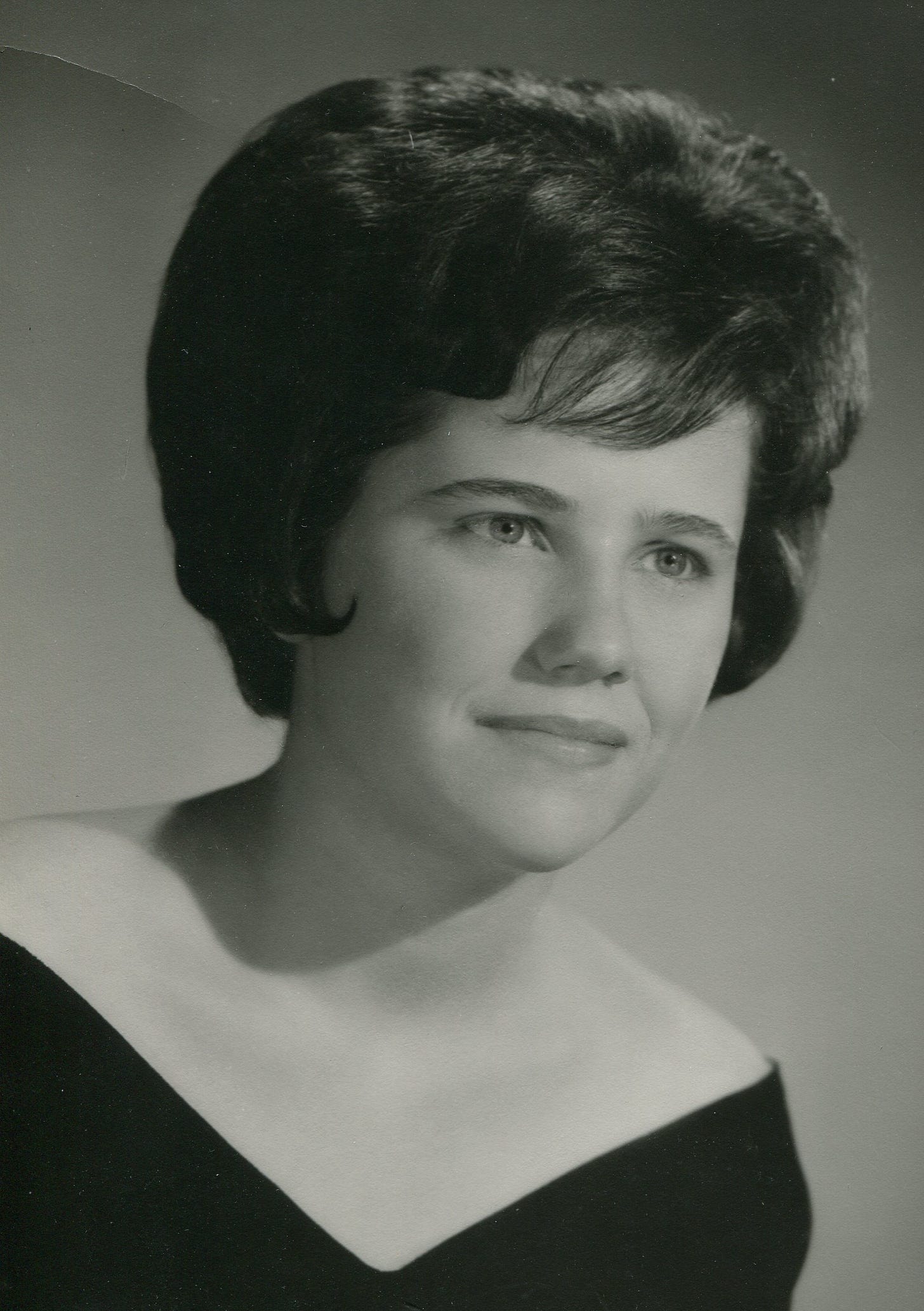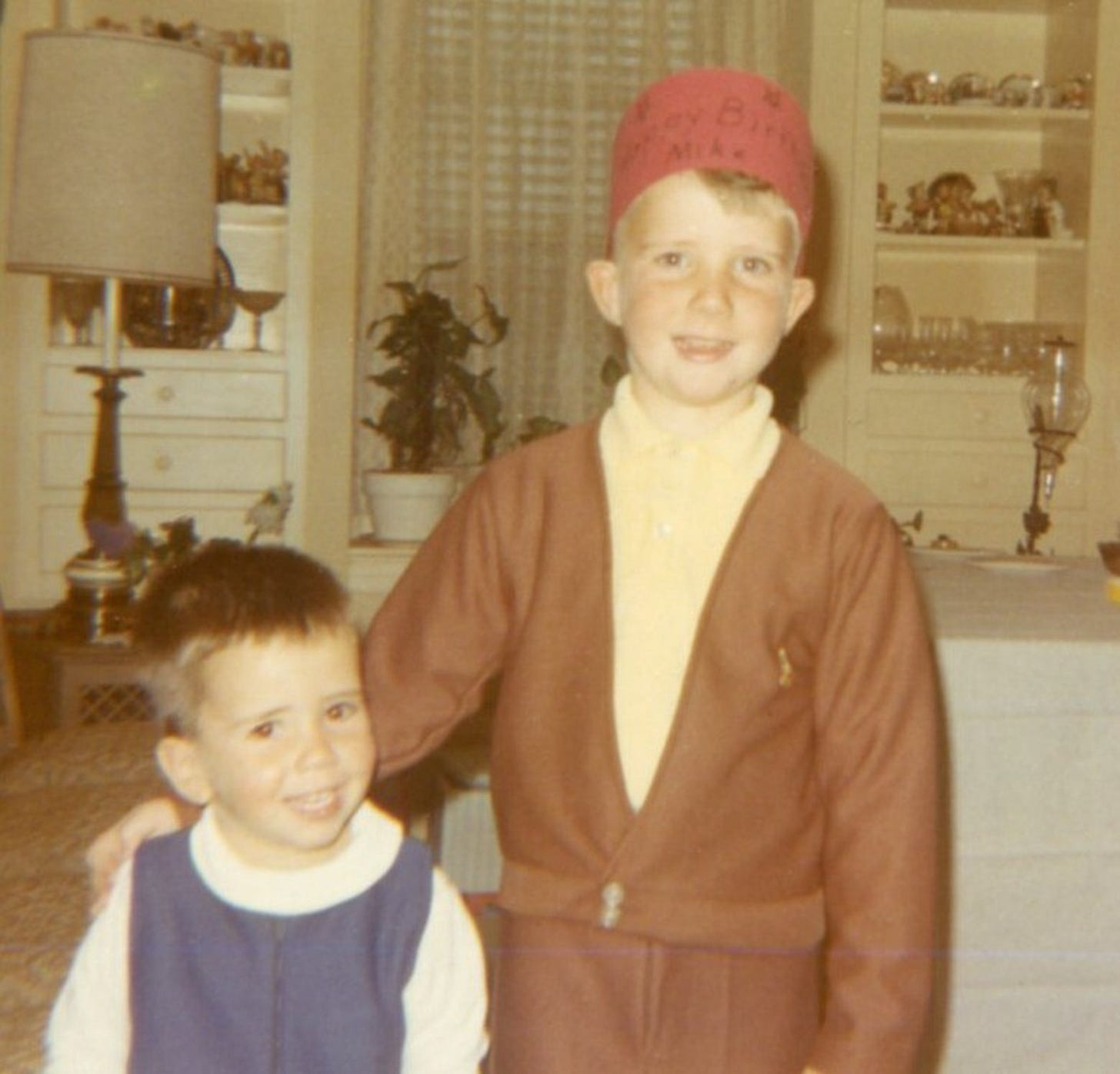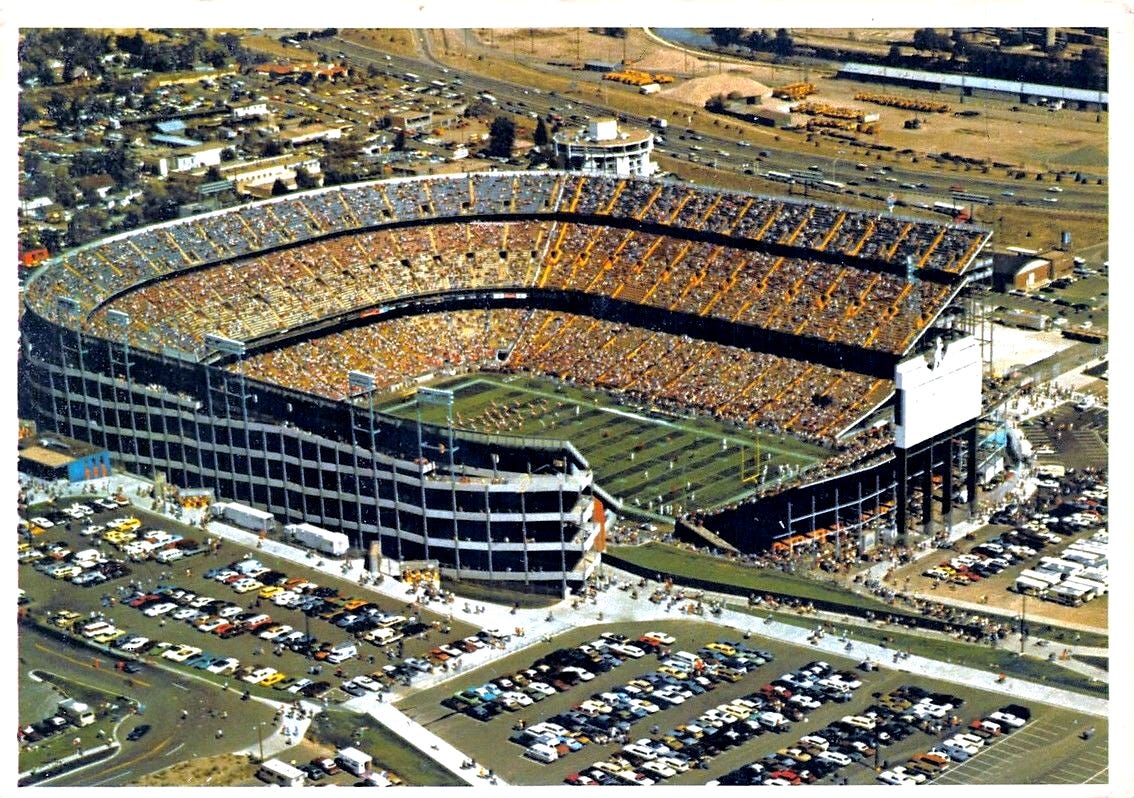I Had a Crappy Childhood. But We Always Had Football.
Football games aren’t my *only* happy memories from growing up. But they’re a lot of them.
For the audio version of this article, read by the author, go here.

It’s fall — football season for us Americans — and as always, I feel myself excited to follow the upcoming season for the Denver Broncos, the team from my hometown. It reminds me of my childhood.
Which is ironic because my childhood was, well, shitty.
My parents fought a lot.
There were thrown dishes and shouting matches, my mother’s accusations that my father was cheating, and constant arguments about money. More than once, my dad stormed out, swearing that this was it — it was finally truly over.
When my brother and I got home at different times in the evening, we’d always ask the other in hushed tones: “What’s it like?”
Meaning: How bad was the fighting this time?
My mom’s temper was especially frightening, and she often turned it on us — especially on me. She could transform from relatively normal to “terrifying” in an instant. If she curled her tongue and bit down on it, that was a very clear signal not to argue, but to just get the hell out of her way.
At seventeen, I told her that if she ever slapped me again, it would be the last time she saw me.
My brother and I considered our mother to be the villain of the family — something our father subtly encouraged us to believe.
Later, we learned that things were much more complicated than we thought.
My mother’s life had been harder than we knew. Her father was an abusive alcoholic. Divorce was still scandalous in the 1950s, yet my grandmother left him, sending my mother to live with cousins until she could care for her again.
My parents only married after getting pregnant with me. They wed, ran off to Montana, and when I was nine months old, tried to convince my grandparents I was only six months old.
Oh, and also: my father was psychologically abusing my mother.
No wonder my mom was an unhappy, damaged woman.
It’s also no wonder I rarely get sentimental about my childhood in Denver.
Except, that is, for the Denver Broncos.
One of my earliest memories is of sitting with my father and grandfather in front of the TV as they cheered wildly during a game. I was seven and I didn’t understand how football was played, but I wanted to be part of the excitement.
Before long, I was.
For my ninth birthday, my dad took me to Mile High Stadium to watch my first real, live NFL game. The Broncos lost to the Minnesota Vikings on a last-minute play. My dad was crushed, but I didn’t care. I was thrilled just to be there.
Back then, we couldn’t afford to go to games very often, but now and then, we’d get free tickets from a neighbor who couldn’t go or my dad’s boss. Sometimes my parents went, sometimes we went as a family, and sometimes my dad took just me.
On other Sundays, we gathered around the TV. And when Denver played on Monday Night Football, the mood was positively electric. Denver’s “Orange Crush” defense made our hearts race.
On those days, my parents rarely fought. For a few precious hours, we were united by our cheering for the team.
Football gave us common ground. I was a fat, bookish kid who sensed early on that I wanted a very different life from my parents. But for three hours every fall Sunday, we shared the same dream.
It was even how we communicated complicated feelings. When I was fourteen and refused to fight an older neighborhood kid who had been hassling my little brother, my dad exploded at me for being a coward. His way of apologizing? Buying me the Official NFL Encyclopedia, a book I had long coveted.
In 1977, Denver reached its first Super Bowl. The entire city caught fire with pride. Of course, that included my family. I already had Bronco posters, a Bronco jersey, and even a Bronco trash can that was too special to use for trash.

That season, I was at Mile High when Denver beat the Baltimore Colts with a last-minute interception, which gave them the best record in the NFL. My dad and I leapt up, hugging and screaming. Seventy-five thousand fans roared like one, and leaving the stadium felt like celebrating with our closest friends.
Even now, picturing it makes me well up. Crazy, huh?
Unfortunately, the Broncos lost that Super Bowl. And suffered two more humiliating defeats after that.
But my family kept watching, cheering, and hoping.
By 1989, I had left Denver for good. Distance was survival. My mom’s guilt trips and passive-aggressiveness made even short visits unpleasant.
I still called her every few weeks, but the conversations were chores: her complaints about my dad, digs about how much time I spent with Brent’s family instead of my own, reminders I wasn’t visiting enough.
Except for one phone call in January of 1998.
It was Super Bowl Sunday: Denver vs. Green Bay. The Broncos had still never won a Super Bowl, while the Packers were looking for back-to-back championships and were huge favorites. Another loss would have cemented Denver as one of the league’s biggest losers.
By then, I had moved to Seattle. My dad, fed up with losing, didn’t even watch. Brent isn’t a football fan, so I watched alone — except for my mom, 1,300 miles away in Denver, watching on her own. We called each other after big plays, trading bursts of joy or groans of despair.
“If they lose again, I think I’m done,” she sighed.
“That play was amazing!” I shouted back after a long run.
By the time we reached the fourth quarter, we stayed on the phone together.
The score tightened, the tension built. With three minutes left, it was 24–24. John Elway drove Denver deep into Green Bay territory. My mom and I both clutched our phones, whispering prayers.
“Come on, Denver. You can do it,” she begged.
On the next play, Terrell Davis scored the go-ahead touchdown.
“YES!” she screamed into my ear.
“YES!” I screamed right back.
There were still two minutes left — an eternity in the NFL. We stayed on the line, holding our breath as Denver’s defense stopped the Packers again and again. When the clock hit zero, Bronco players flooded the field. My mom and I shouted with joy, and probably even cried a little.
“I can’t believe it,” she whispered. “We won the Super Bowl.”
“I know,” I said. “It’s a miracle.”
I tried to think of the last time we’d had such a long, happy conversation, but I couldn’t. That we had this one was its own miracle.
“Thanks for watching with me,” she said.
“Thanks for celebrating with me,” I said.
And then: “Love you, mom.”
“I love you too.”
Those weren’t words my mom said often.
It would be nearly a decade before I learned the full truth about my family: not just my mother’s abusive childhood, but also how my father gaslighted her — and me.
A few years later, my mom was dead. My dad died several years after that.
So much time stolen by his lies.
But my mother and I did have that game. That call. That moment in time when football gave us something pure and untainted to share.
The Broncos gave me other moments, too: watching the Broncos with my dad and grandfather. Going to that first game at Mile High. And celebrating big wins with the entire city.
These aren’t my only happy memories from childhood. But they are a lot of them.
Which is why I can’t quit the Denver Broncos. Even after all of these years living far away, every September, I start checking the power rankings, watching the highlights, and celebrating the wins.
With a bit of luck, maybe this year they’ll even win another Super Bowl.
Michael Jensen is a novelist and editor. For a newsletter with more of my photos, visit me at www.MichaelJensen.com.





You put the love you felt for your mother into this beautiful piece. I’m glad you can remember her for more than the bad memories.
Oh, Michael! I'm sorry you're a member of the Crappy Childhood Club. You grew into an excellent adult, and I'm really sorry you had to do that work. But I'm glad you have this football-related memory with your mom. It's good to hold onto to those.